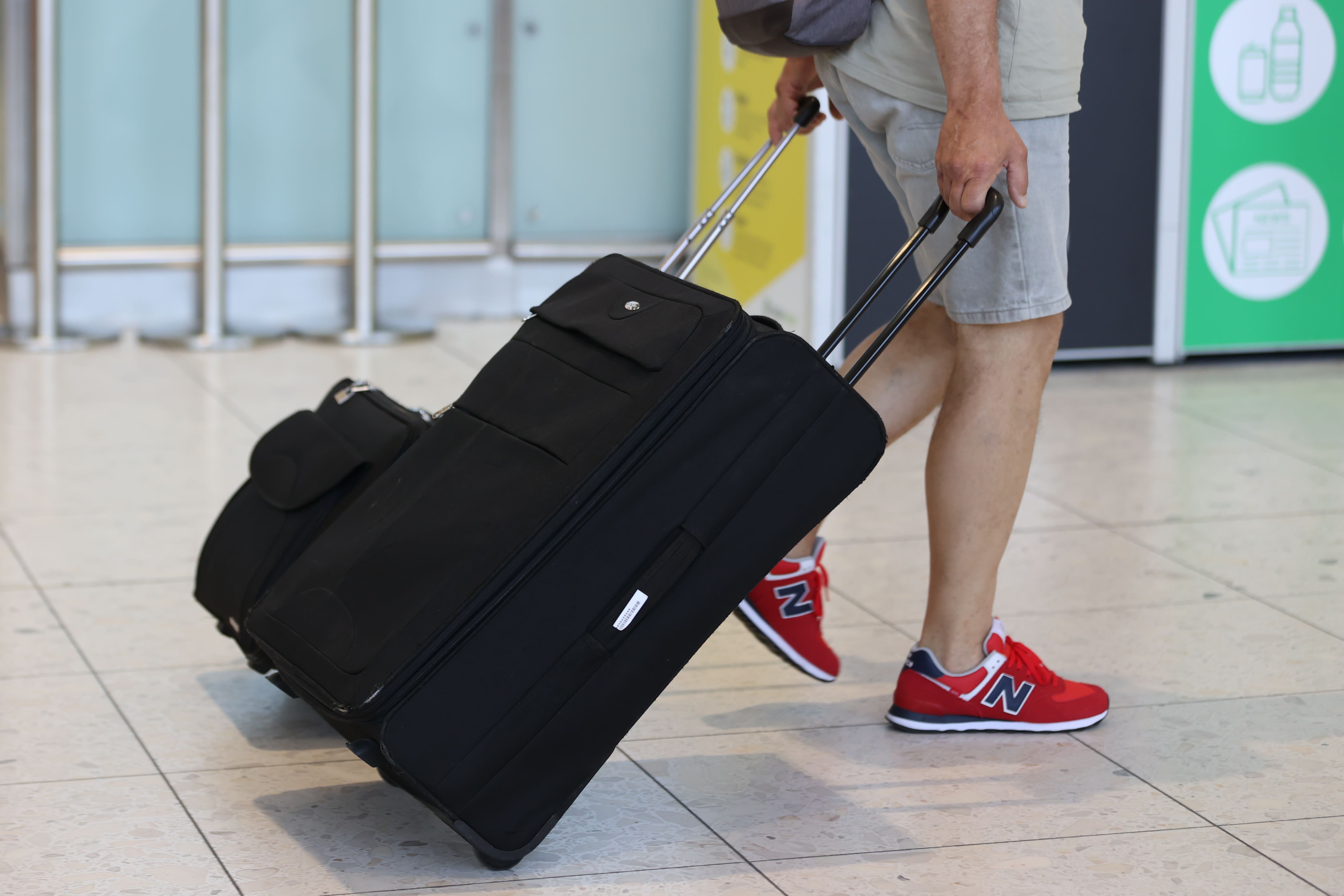Scheme charging people £10 to visit UK to be expanded from November
The electronic travel authorisation system was introduced last year.

Your support helps us to tell the story
From reproductive rights to climate change to Big Tech, The Independent is on the ground when the story is developing. Whether it's investigating the financials of Elon Musk's pro-Trump PAC or producing our latest documentary, 'The A Word', which shines a light on the American women fighting for reproductive rights, we know how important it is to parse out the facts from the messaging.
At such a critical moment in US history, we need reporters on the ground. Your donation allows us to keep sending journalists to speak to both sides of the story.
The Independent is trusted by Americans across the entire political spectrum. And unlike many other quality news outlets, we choose not to lock Americans out of our reporting and analysis with paywalls. We believe quality journalism should be available to everyone, paid for by those who can afford it.
Your support makes all the difference.A scheme requiring people visiting the UK without a visa to pay £10 will be expanded to include travellers from most countries from November, Home Secretary Yvette Cooper has announced.
The Conservative government introduced the electronic travel authorisation (ETA) system in November last year for people entering or transiting through the UK without legal residence rights or a visa.
ETAs, which cost £10, are currently required for nationals of Qatar, Bahrain, Kuwait, Oman, the United Arab Emirates, Saudi Arabia and Jordan.
We will have a comprehensive understanding of those travelling to the UK
Ms Cooper announced on Tuesday that the scheme will open up in November for all other nationals, except Europeans, and be required for entry from January 8 2025.
The programme will by extended to European nationals in March 2025, and be a travel requirement for them from April 2 2025.
In a written statement laid before the House of Commons, Ms Cooper wrote: “Once fully rolled out, the ETA scheme will close the current gap in advance permissions and mean that for the first time, we will have a comprehensive understanding of those travelling to the UK.”
ETAs are digitally linked to a traveller’s passport.
The Home Office said they ensure “more robust security checks are carried out before people begin their journey to the UK”, which helps prevent “abuse of our immigration system”.
Each ETA permits multiple journeys to the UK for stays of up to six months at a time over two years, or until the holder’s passport expires if that is sooner.
Heathrow airport blamed the ETA scheme for a 90,000 drop in transfer passenger numbers on routes included in the system since it was launched.
It described the programme as “devastating for our hub competitiveness” and urged the Government to “review” the inclusion of airside transit passengers.
Ms Cooper also announced the introduction of a visa requirement for all visitors from Jordan from 3pm on Tuesday due to breaches of visitor rules.
Jordanian nationals will no longer be able to travel to the UK with an ETA.
A four-week “transition period” will be in place for travellers who already hold an ETA and have confirmed travel bookings.
Ms Cooper wrote: “We are taking this action due to an increase in the number of Jordanian nationals travelling to the UK for purposes other than what is permitted under visitor rules since the visa requirement was lifted in February 2024.
“This has included a significant and sustained increase in asylum claims, and high rates of refusals at the border due to people travelling without the intention of visiting for a permitted purpose.”
This has “added significantly to operational pressures at the border”, Ms Cooper wrote.
She added that the decision to introduce a visa requirement was taken “solely for migration and border security reasons”, and the UK’s relationship with Jordan “remains a strong and friendly one”.